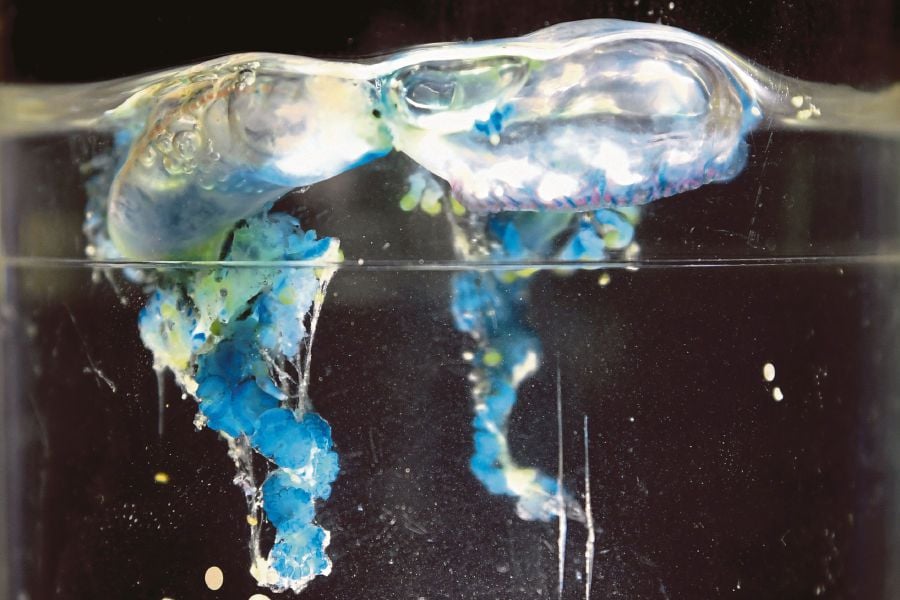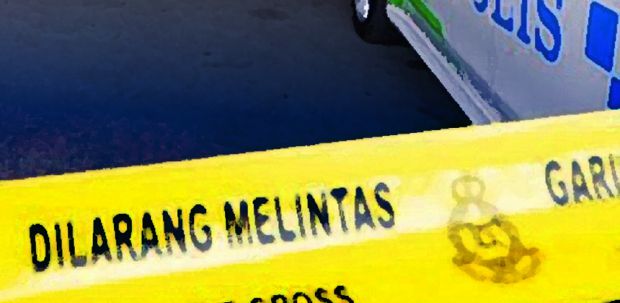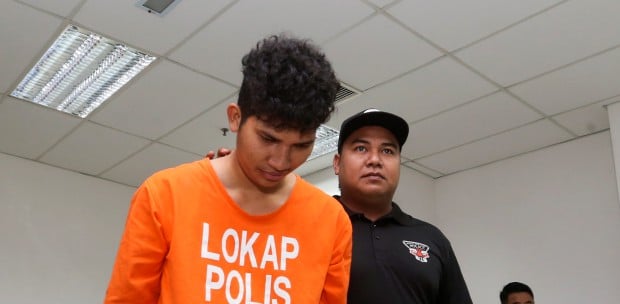KOTA BARU: Six children were stung by jellyfish believed to be of the Physalia Physalis species while swimming at two beaches in Bachok on Feb 23.
State Health director Datuk Dr Zaini Hussin said that four of them were stung in Pantai Baru and two in Pantai Melawi.
"The state health department has recorded six cases of jellyfish stings involving six children aged one to 11.
"They suffered burning pain, swelling and itchiness at the place where they were stung by the jellyfish.
"All received early treatment at Bachok health clinic before being transferred to
Emergency and Trauma Department of Tengku Anis hospital in Pasir Puteh and Universiti Sains Malaysia hospital in Kubang Kerian," he added.
Dr Zaini said all victims were allowed to go home after a medical examination found that their condition was stable.
"There is no antidote for the venom of this species, popularly known as the 'Portuguese Man of War'.
"The treatment given is only to relieve symptoms including painkillers," he added.
He advised the public to immediately visit nearby health facilities if stung by jellyfish.
The State Fishery Department in its recent facebook post, said it had already taken the samples of the jellyfish for analysis.
"The department would like to warn locals and holidaymakers not to swim at the beaches where the jellyfish was found.
"Apart from Bachok, the jellyfish is also found in beaches in Pahang, Terengganu, Sabah and also Thailand," said the statement.
It also said that if stung by a jellyfish, the public should use warm water at a temperature of around 45 degrees Celsius to the affected area for 30 minutes to reduce pain.






